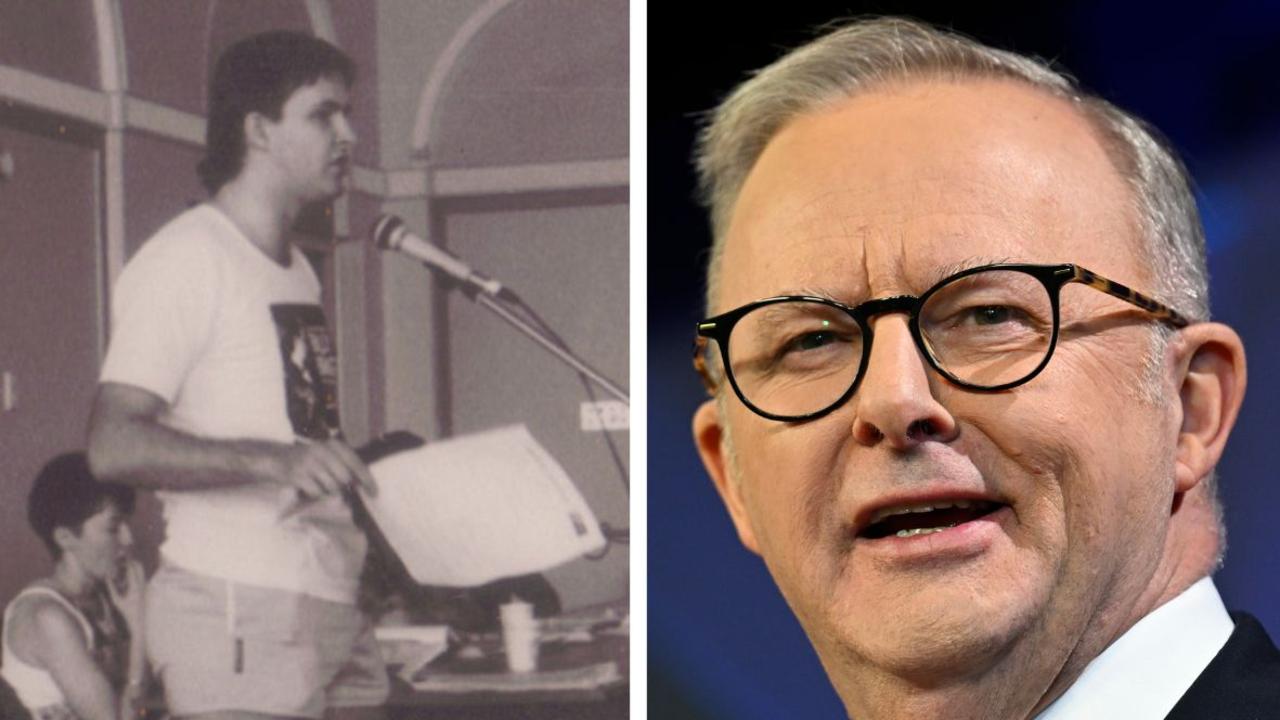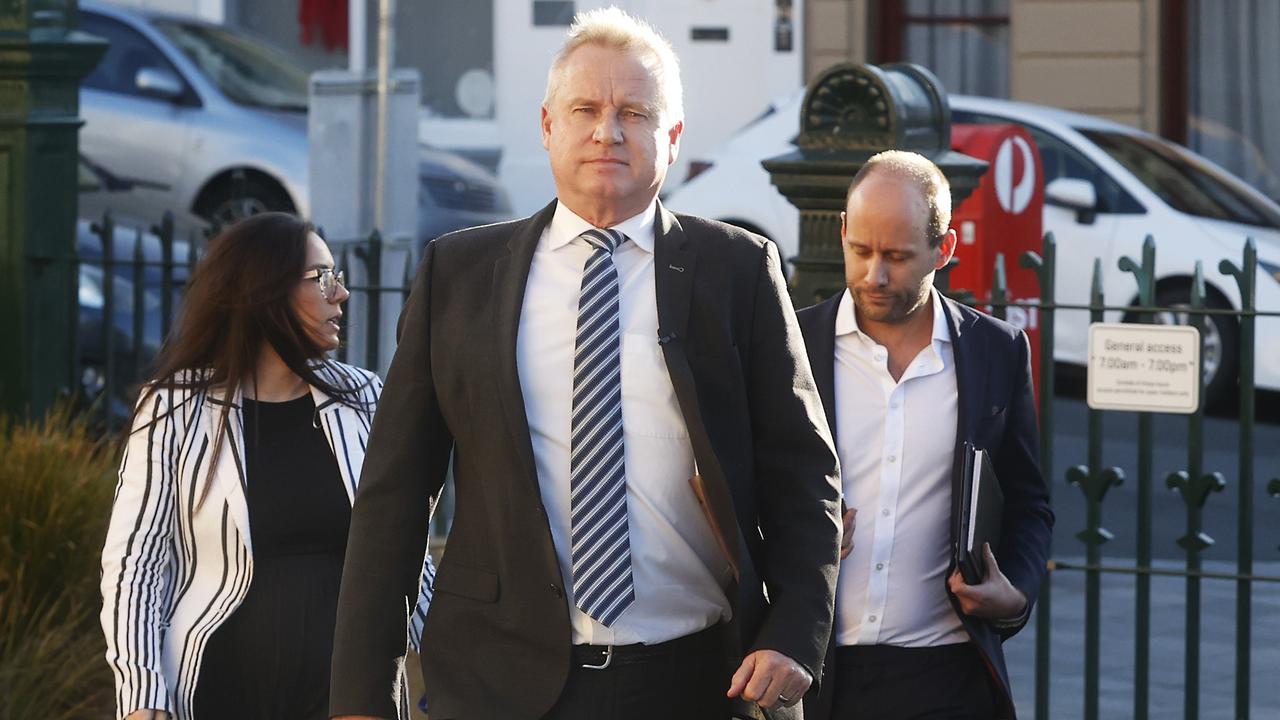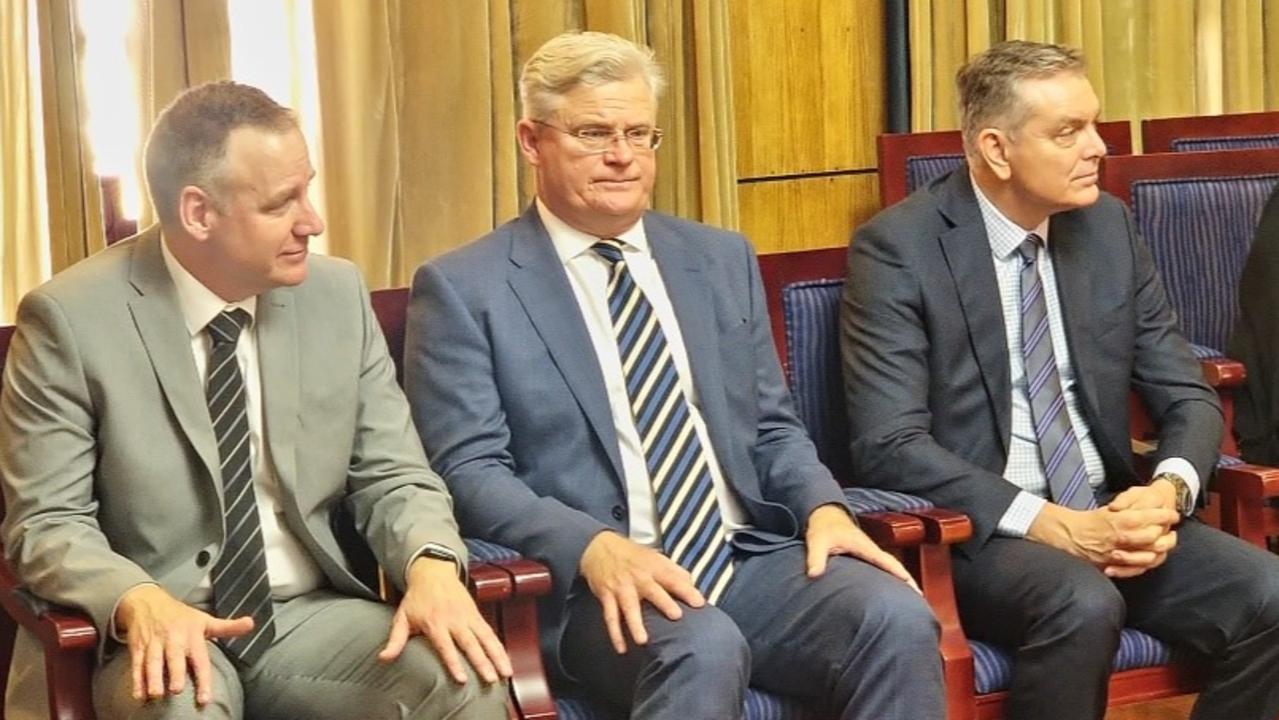Northern Ireland’s 500km border proves major sticking point in Brexit negotiations
ONE woman and 500km of largely uninhabited land have thrown Britain’s entire divorce from the European Union into chaos.
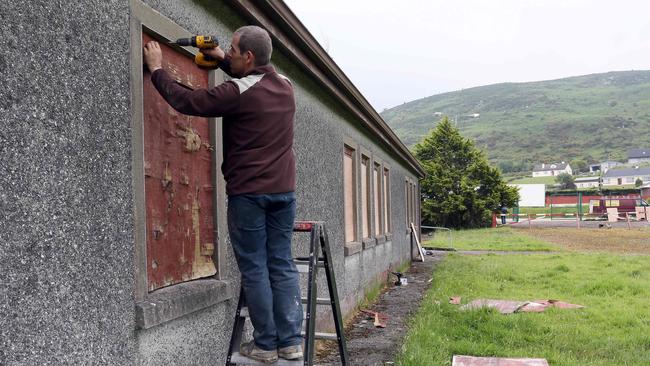
Leaders
Don't miss out on the headlines from Leaders. Followed categories will be added to My News.
UK PRIME Minister Theresa May has been left scrambling to salvage the nation’s entire Brexit deal after her plans were thwarted by the very woman she relies on to prop up her minority government.
Mrs May has been warned she has four days to rescue a deal on the Irish border after Northern Ireland’s tiny Democratic Unionist Party, led by Arlene Foster, vetoed it at the last minute.
If an agreement cannot be reached, it will prevent Britain and the EU moving on to a critical phase of trade talks set to begin in December and spark fears there will not be enough time to develop a trade deal by the time the UK leaves the EU in March 2019.
The cruel irony is that Arlene Foster is the very woman Theresa May relied on to form a minority government back in June after a disastrous election result saw the Conservative majority reduced.
At the time, the DUP’s 10 MPs agreed to back Mrs May on key votes that would allow her a slim majority in exchange for £1 billion ($A1.7 billion) in funding for Northern Ireland.
Now, the DUP has rejected May’s plans over the post-Brexit border between Northern Ireland and the Republic of Ireland that has proved a major sticking point in negotiations.
Labour leader Jeremy Corbyn was quick to point the blame at May’s own deal which is now causing her major headaches.
“The reason for today’s failure in the Brexit talks is the grubby deal the Tories did with the DUP after the election. Each passing day provides further evidence that @Theresa_May’s Government is completely ill-equipped to negotiate a successful deal for our country,” he tweeted.

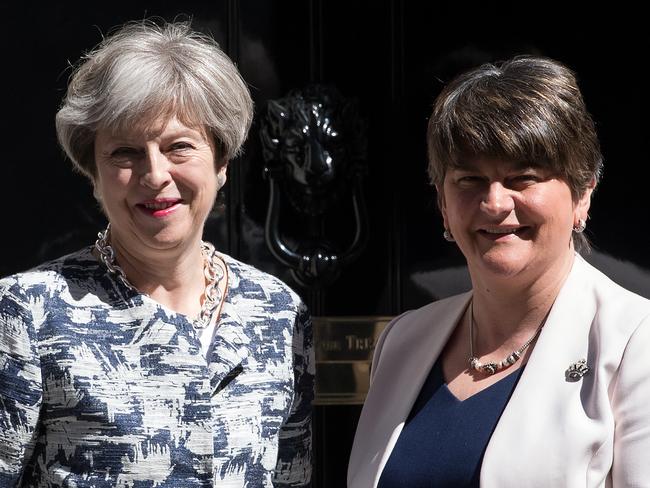
CONFUSED? WHY THE BORDER IS A BIG DEAL
EU leaders have made it clear from the start there are three things they want “sufficient progress” on before trade talks can begin — the size of the “divorce payment” (reported to be 60 billion euros/$A93 billion), rights for EU citizens and the border between the UK and Ireland.
Right now, people and goods can move freely back and forth along this 500km stretch. The Irish government wants this to continue after Brexit, fearing that a return to checkpoints could inflame tension in the region that was plagued by violence in the ’70s, ’80s and ’90s.
But it is complicated by the fact the UK government says it will not remain in the EU’s “single market” which means free access for people, goods and services. The big question is how to ensure the UK still has control of its borders while trying to keep Ireland happy and the DUP happy?
The solution proposed this week was for Northern Ireland to remain in “regulatory alignment” with the EU, according to sources familiar with the negotiations. However that was deemed unacceptable for Foster, whose unionist party opposes anything that would make Northern Ireland closer to Ireland than the UK. The eleventh hour veto means further “consultations” before a deal can be agreed next week.
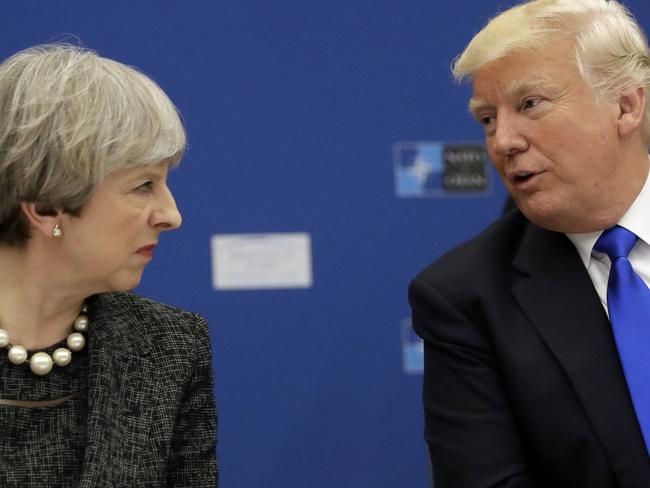
It also kicked off a hornet’s nest of requests for exemptions from the likes of London and Scotland, which both voted to remain in the EU.
London mayor Sadiq Khan tweeted: “Huge ramifications for London if Theresa May has conceded that it’s possible for part of the UK to remain within the single market & customs union after Brexit.
“Londoners overwhelmingly voted to remain in the EU and a similar deal here could protect tens of thousands of jobs.”
Scottish First Minister Nicola Sturgeon said: “If one part of UK can retain regulatory alignment with EU and effectively stay in the single market (which is the right solution for Northern Ireland) there is surely no good practical reason why others can’t.”
The last-minute crisis means it’s back to the negotiating table for May, who said “on a couple of issues some differences do remain”.
EU sources told The Times unless a deal can be reached by Friday, it’s unlikely to be agreed at a summit on December 14 and 15 and could lead to delays on trade talks as a whole.
Originally published as Northern Ireland’s 500km border proves major sticking point in Brexit negotiations



